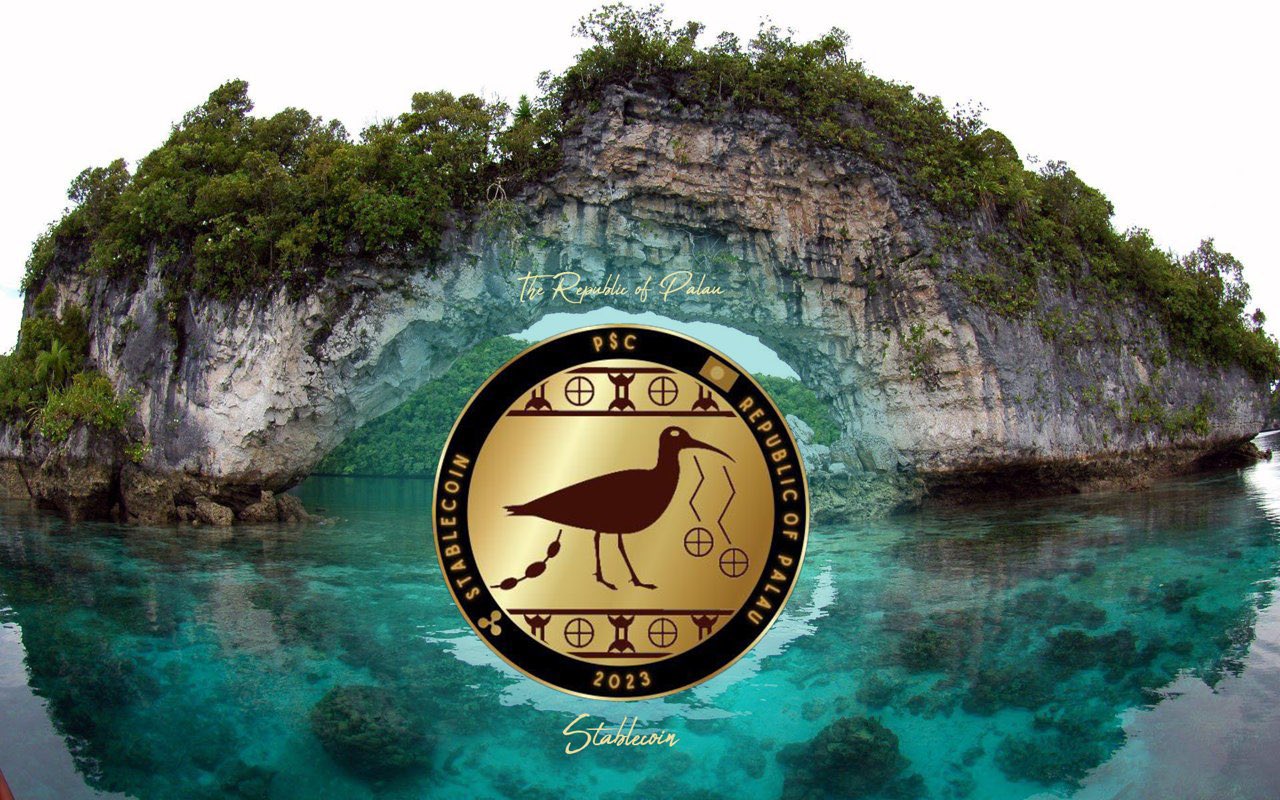
Palau Halts Dollar Stablecoin Project
Palau, a country in the western Pacific Ocean, is wrapping up its United States dollar stablecoin initiative after launching the pilot in August.
Ay Hunter, a member of the Palau Ministry of Finance and director of the digital residency program, announced on X (previously Twitter) that the government will stop distributing the Palau Stablecoin (PSC) on September 8.
After the 15th of September, users will no longer be able to expend Palau Stablecoin as a result of the cessation of its distribution, Hunter said:
After Sept. 15, you will no longer be able to spend the PSC. This will give us time to process retailer redemptions before the pilot’s official termination at the end of the month.”
Hunter did not provide specific reasons for halting the stablecoin in his announcement, instead noting that the government will send a survey to pilot participants the following week.
The action occurred weeks after the government introduced PSC at the end of July. “If we are granted permission to move forward with the next phase of the stablecoin program, our collective experiences will shape the way forward,” the official said.
He added that feedback from users would be crucial in developing the final report for Congress and the president of Palau. The news comes shortly after Hunter published a National Institute of Standards and Technology study on stablecoin technology and related security considerations.
The September report evaluated some of the required security and stability properties and identified “18 potential issues in stablecoin implementations.
The Palau Stablecoin, also known as the Kluk, is intended to reduce transaction costs and speed up remittances for citizens, merchants, and the government of Palau.
Ripple’s XRP Ledger, a platform concentrated on the issuance of central bank digital currencies (CBDC), served as the foundation for the stablecoin.
Additionally, the XRP Ledger CBDC platform functions as the basis for similar pilot projects in Hong Kong, Bhutan, Colombia, and Montenegro.
